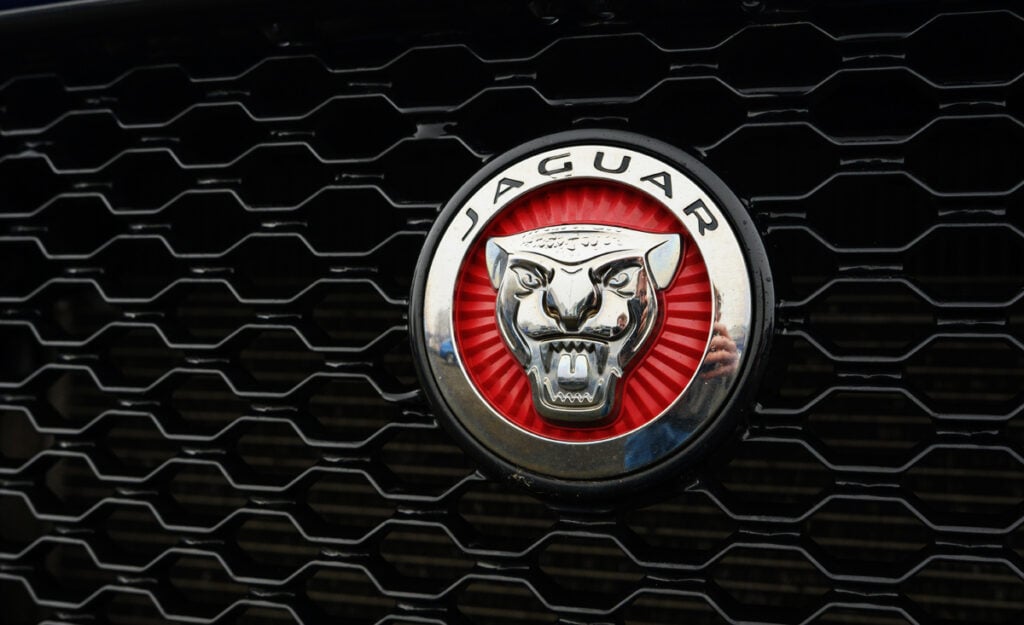Toll gate card cloning in South Africa – Your bank owes you a refund

If your bank card is cloned at a toll gate in South Africa, your bank owes you a refund.
Toll gates have been flagged as one of the most prominent locations for card cloning – also known as skimming – as motorists often hand over their cards to the booth operators to pay their dues, after which the cards disappear out of view for a few seconds until handed back.
It is believed that this is when the information is stolen as the owner can’t see what is happening with their card.
Other places where skimming often happens include petrol stations, supermarkets, liquor stores, and restaurants.
The terms cloning and skimming refer to when criminals steal a person’s bank card information to create a counterfeit copy that can be used to spend money from your account.
This is most commonly done when a card is inserted into a machine such as an ATM or a point-of-sale reader that has been discreetly modified with a skimming device.
The main devices used in this crime include:
- Overlay skimmers — Placed on top of the actual card reader on ATMs or payment terminals
- Internal skimmers — Installed inside the card reader to make it more difficult to detect
- Wireless skimmers — Mobile skimmers fitted with wireless communication capability to relay information to criminals nearby, typically using Bluetooth
Scammers can also use keypad overlays, fake card readers, and hidden cameras to record when a person enters their PIN, which is necessary for when they attempt in-person transactions.
A victim through no fault of your own
According to consumer rights advocate Wendy Knowler, should you fall victim to card cloning at a toll gate, your bank owes you a full reimbursement.
Knowler is often embroiled in cases where consumers were given the short end of the stick by a service provider, the latest of which involves a motorist who became a victim of card cloning at a toll plaza.
In July, the individual in question discovered two unauthorised charges on their credit card statement totalling R685, both from the Machadodorp Plaza.
These charges were for a large truck, but the person neither drives nor owns one, Knowler told 702.
He reported these payments to his bank which assured him that the card would be cancelled, but soon thereafter he found another fraudulent deduction of R343 at the Middelburg Plaza, again for a large truck.
The charges kept coming and eventually reached a considerable tally of R5,000 on his credit account, and the situation worsened when he discovered another R2,000 of fraudulent charges on his cheque account.
While this was going on, the individual was flooded with calls, text messages, and emails from his bank’s collections department asking for payment of these toll fees which he did not authorise, and which he was guaranteed would be stopped after the first charges were logged.
Since he was not in a position to simply settle the fraudster’s bills, he was shacked up with another R320 penalty fee for refusing to pay.
The consumer visited the bank in person where he was informed that these payments would be investigated by the fraud department, which could take up to 30 working days.
In the meantime, there was nothing he could do but sit and watch his hard-earned money disappear from his account.
This was the point at which he decided to approach Knowler for assistance, who got in contact with the bank on his behalf.
The bank told Knowler that the charges on the victim’s cheque account were deemed fraudulent and reversed, while those on his credit account were still being investigated.
In addition, it said that should this type of crime happen to one of its clients, the bank owes them a full refund.
“[The bank] has to do that, because we as bank customers can only be held responsible if we are liable in some way,” said Knowler.
She explains that if you fell for a phishing call and gave an attacker sensitive information that was subsequently used to steal from you, the bank is not liable for the damages.
However, in the case of card skimming the victim had no part to play in divulging information and was therefore not responsible for the losses. In this case, the bank must reimburse them.
Avoid falling victim to card cloning
Most modern cards are equipped with a Europay, Mastercard, or Visa (EMV) chip that renders them difficult to clone or tamper with, hence, it is usually older cards that still make use of magnetic strips that are cloned.
The easiest way to avoid falling victim to this crime is to use tap-to-pay facilities wherever available, as this negates the need to physically insert a card into a potentially modified reader.
Alternatively, the National Roads Agency has urged motorists to get e-tags to circumvent bringing their bank cards into the equation at all.
South Africa’s toll concessionaires are well aware of the prevalence of card skimming at plazas and have taken concerted steps to upgrade their facilities with tap-to-pay points.
On the N3 alone, as many as 80 toll lanes are set to receive tap-to-pay functionality before the end of the year, with more to follow in 2025 in different parts of the country, including at the highly popular Chapman’s Peak in Cape Town.
In the unfortunate event that your card was skimmed, Knowler recommends reporting it to your bank’s fraud department with haste as it has protocols in place to deal with the situation and potentially catch the fraudster in the act when they try using the copied card again.










